VPNs have exploded in popularity over the last decade, and for good reason: they provide many clear benefits for all kinds of internet activity, especially online gaming.
You may think VPNs are a gimmick or an overhyped fad—and I wouldn't blame you for thinking that given how many VPN ads are splattered across podcasts and YouTube videos.
But if you aren't using a VPN in today's online landscape, you're only depriving yourself of benefits and protections.
It's time to buckle up and start using a VPN. Here are several reasons why you should consider it and how it will benefit you as an online gamer.
What Is a VPN?
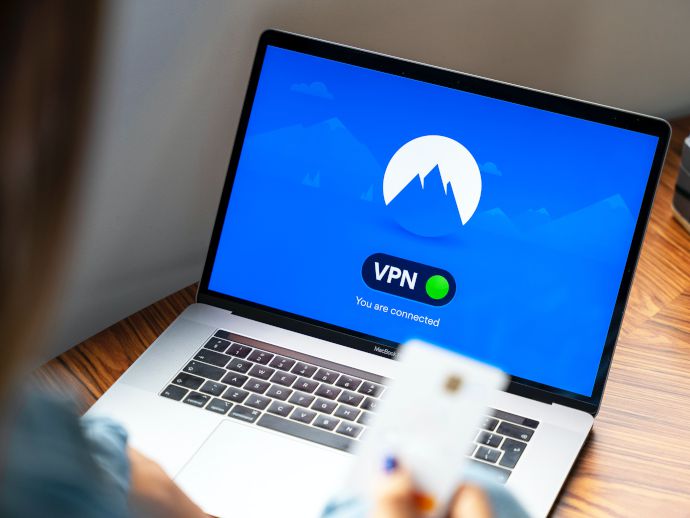
A VPN is a virtual private network. VPN providers have special servers located around the world that act as private networks.
When you connect to a VPN, you're connecting to one of these private networks—and your internet traffic gets encrypted while passing through that private network.
In other words, the private network acts as a kind of filter or mask for your internet connection.
When you browse the web or play games online through a VPN, it's the VPN's IP address that gets exposed and your actual IP address remains hidden, and the internet data going in and out of your device is protected from hackers and eavesdroppers.
Why is this useful?
Here are several ways that this can come in handy:
Benefit #1: Safety on Public Wi-Fi
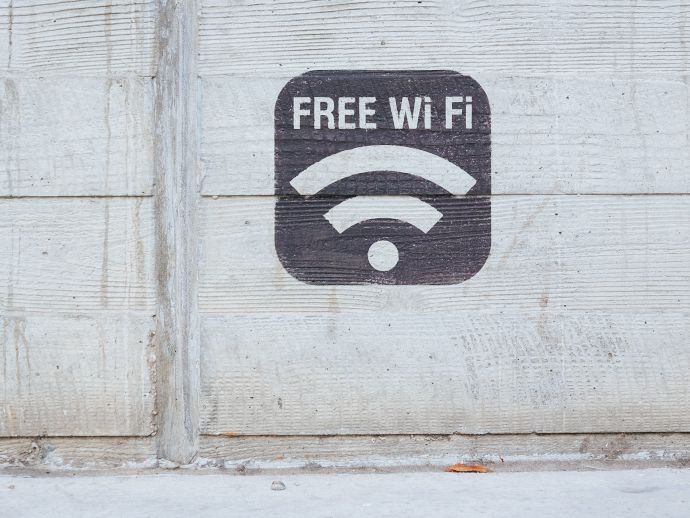
If you've ever played online games on a laptop or your phone while connected to public Wi-Fi, you've actually made yourself extremely vulnerable.
For starters, whoever's running the public Wi-Fi access point can see all of the traffic that goes through it. Any time you log into a service? They can eavesdrop and see your credentials. Sending messages in that online game? They can read them. Viewing web pages and downloading media? They know what you're doing.
Furthermore, anyone else who's connected to the same public Wi-Fi access point can eavesdrop on you as well. It takes a bit of technical know-how to do this, but it's possible. That innocuous guy in the corner of Starbucks could be spying on you.
Using a VPN whenever you connect to public Wi-Fi will protect your data (thanks to encryption) and keep you safe from eavesdroppers.
Benefit #2: Avoid Bandwidth Throttling
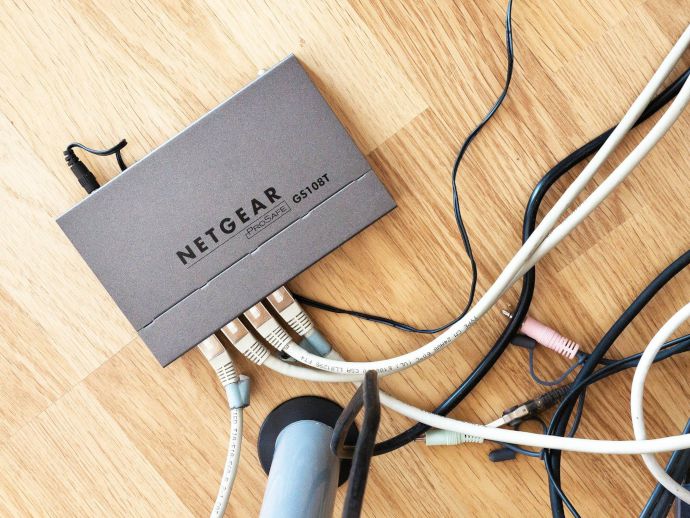
ISPs will sometimes throttle your bandwidth when they detect high-bandwidth activity, which includes many online video games.
This throttling could be done during certain times of day (to prevent network congestion during peak times) or it may kick in at any time (for online games that are known to use a lot of data).
By using a VPN, your internet activity gets encrypted and makes it much harder for your ISP to know what exactly you're doing. And if they don't know what exactly you're doing, they can't selectively throttle your bandwidth when playing online games.
Benefit #3: Improve Poor ISP Routing
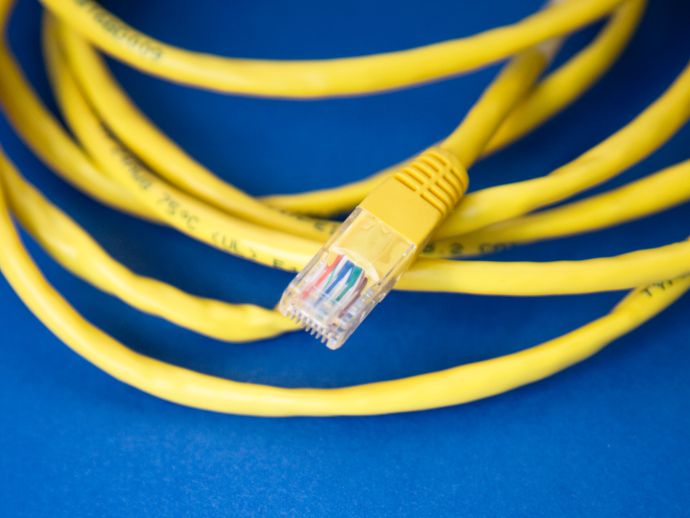
Internet networks are complex. When you need to connect to a server, your connection needs to be established using a path across many intermediate servers.
And ideally, ISPs try to establish the most direct path between you and whatever server you're trying to connect to.
But sometimes there are complications, and these complications can result in suboptimal connection paths across the internet.
You might be trying to connect to a server that's geographically close, but your internet connection might be routed in unusual ways that take the long way around, causing higher latency than expected.
Using a VPN can sometimes solve these weird ISP routing problems.
Benefit #4: Protection From Being Doxxed

You may have heard stories of gamers who were doxxed: malicious users were able to figure out their real names and residential addresses just from their IP addresses.
Your IP address can be exposed on game servers, Discord servers, Skype servers, and more.
Few things are as scary as getting doxxed. Once someone knows your real identity, you lose your sense of privacy and security; you'll no longer feel safe even within your own walls.
And while you're more likely to be doxxed if you're a public figure (e.g. Twitch streamer), it can happen to anyone.
Fortunately, your IP address gets hidden when you use a VPN, making it pretty much impossible for someone to figure out who you are (unless you directly give away personal information).
Benefit #5: Access Region-Locked Content
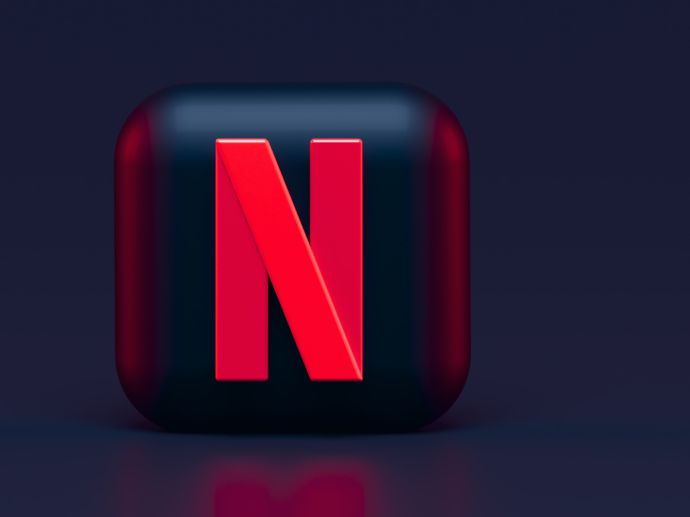
Geographic restrictions are, sadly, pretty common in online services these days.
Some online games may only be available on certain continents, while others might produce region-exclusive content.
Perhaps the game you want to play is banned in your country. Or maybe the game forces you to play on your region's servers and you want to party with friends elsewhere.
You can get around geographic restrictions by using a VPN and connecting to one of its servers in a different country. The game will interpret the VPN server's location as your location and treat you like someone in that server's country.
Which VPN Should You Use?
Whatever you do, DON'T settle for a free VPN! Free VPNs often track your activity and sell your user data, and most of them fail to properly protect your connection.
Many free VPNs also come with restrictions like data caps, speed limits, and prohibited activities.
As for paid VPNs, not all of them are equal. The bad ones have been known to sell your details, improperly encrypt your data, leak your IP address, and even use your devices for nefarious purposes.
You should only use a reputable paid VPN that's been successfully audited by third parties, and there are only a handful that fit the bill. The one we recommend is ExpressVPN.
The Best VPN for Gamers
ExpressVPN isn't just the most reputable VPN, but it's also the #1 best gaming VPN for its speed, coverage, privacy, and protection. It's the only VPN we wholly recommend.
